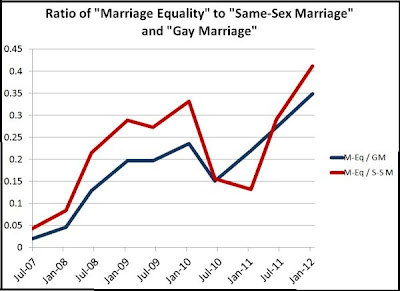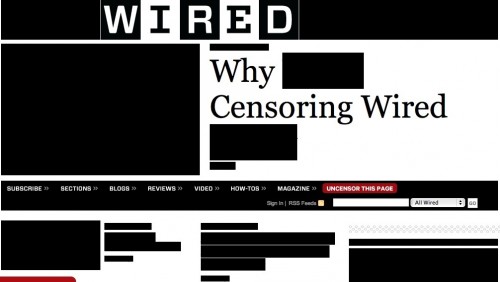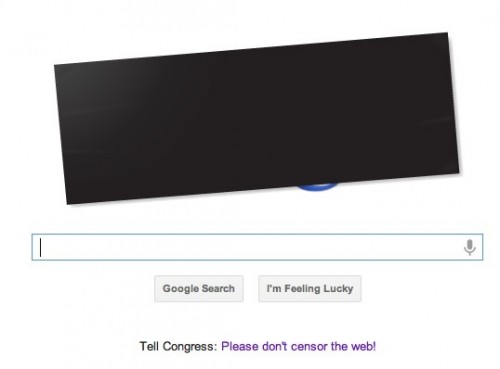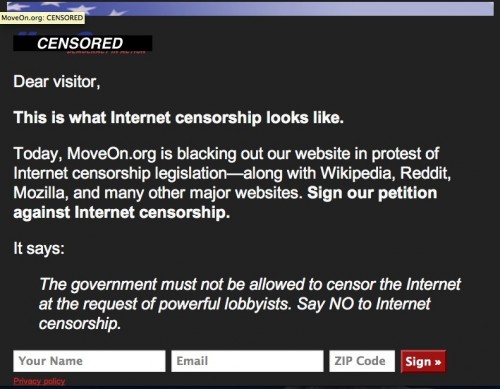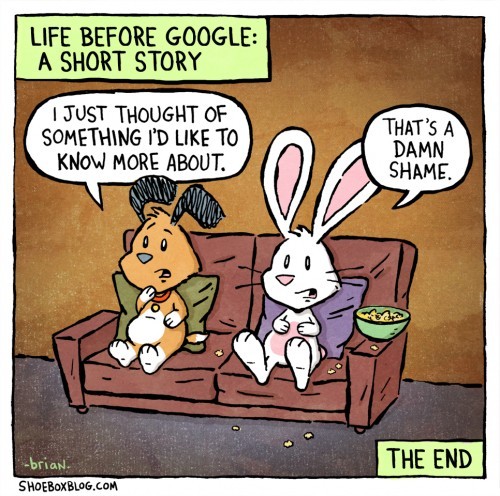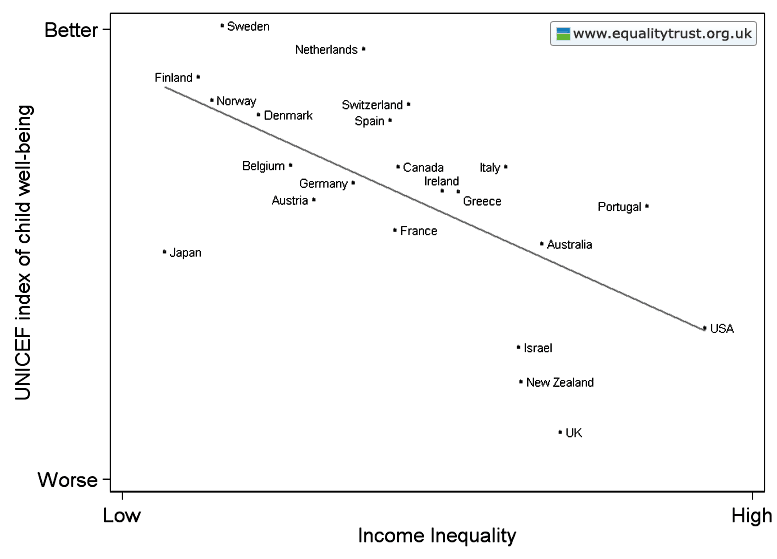This is the official SocImages Election 2012 Sexism Watch. We add content, as it arises, in reverse chronological order.
—————————
#9 Bachmann Pours Away Presidential Bid
How did we miss this one? Representative Michele Bachmann performed the comically gendered role of pouring water for all of the (male) Republican candidates and the (male) host at the start of the Republican Family Forum debate in Iowa this past November.
Some of the candidates seemed uncomfortable at this puzzling behavior, and the host joked, “I want to begin by thanking Representative Bachmann for taking care of the water for today’s event.” It’s possible that Bachmann only intended to pour water for the person sitting next to her, but was put on the spot when the host assumed she would pour water for everyone.
This event was hosted by CitizenLink, the political action arm of the uber-conservative Christian organization, Focus on the Family. CitizenLink describes itself as a “family advocacy organization that inspires men and women to live out biblical citizenship that transforms culture.” They promote traditional families as the “building block of society,” so it’s possible that Bachmann was strategically catering to an audience that is less supportive of women in “unconventional” roles.
Whether intentional or unintentional, Bachmann’s actions highlight the contradiction between traditional gender roles and conceptions of leadership. And the lack of media focus on this incident illustrates how unremarkable it is for a woman to be in a service role in the company of men. If Governor Rick Perry had gone around the table and dutifully poured water for all of the Republican primary contenders, it would have made the front page.
More Election 2012 Sexism Watch after the jump!



